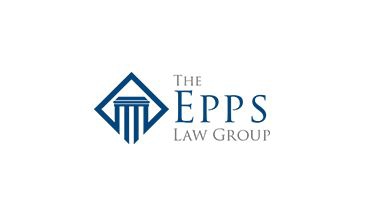WHAT SHOULD I DO IF I AM NOT RECEIVING CHILD SUPPORT PAYMENTS?
If you have a court order directing the other parent to pay child support, a judge can enforce the order and hold the other parent in contempt of the court. The specific methods for bringing forward a motion for enforcement differ by county. In many counties, you can fill out forms yourself and serve (deliver) them to the other parent. The court will then set a hearing date, generally within thirty days. A family law attorney can help determine what you need to do in your county, as well as work with you to prepare you for the hearing.
WHAT SERVICES DOES DCSS OFFER?
You can also go through the Division of Child Support Services of the Georgia Department of Human Services (or DCSS) for help obtaining and enforcing child support orders. DCSS has a good deal of information available online; you can use their website to find the appropriate office and pay fees, request services, and more.
DCSS can assist you in obtaining child support as well as enforcing child support orders. You can also request DCSS help collect and distribute support payments, locate absent parents, determine paternity, and enforce alimony orders as part of a child support case. Some applicants may have to pay minimal fees for these services, but families receiving Temporary Assistance for Needy Families can use DCSS services for free.
HOW CAN DCSS HELP IF I AM NOT RECEIVING CHILD SUPPORT PAYMENTS?
There are a number of ways DCSS can deal with non-payment of child support. Georgia businesses are required to report employees to a database managed by DCSS. If a parent who has been ordered to pay child support is receiving regular payments from a job or other benefits, DCSS can have the income withheld and given directly to the recipient.
It is also possible for DCSS to collect unpaid child support through liens and seizures. Property like a house, car, lump-sum settlement, or lottery winnings can all be seized if unpaid child support is due.
State agencies in Georgia that issue driving, fishing, occupational, etc. licenses are required to check the applicant’s child support payment status. Someone who has failed to pay child support could have their license suspended, or the agency can refuse to issue or renew a license. Similarly, a parent who owes or previously owed $2,500 of child support will face challenges when applying for or renewing a passport. They will need to prove that the international travel is necessary for employment, a serious medical emergency, or the imminent death of a family member, in order to get the passport.
DCSS can also report unpaid child support to credit reporting agencies or file a contempt of court action, which can result in a fine or jail sentence.
RESOURCES FOR NON-CUSTODIAL PARENTS
In addition to the services DCSS provides to help parents receive child support, it also provides services for the parent who owes support. The “Fatherhood Program” helps provide job counseling services to parents who struggle to pay child support due to unemployment or underemployment. If a parent goes to court over non-payment of child support, they will have the opportunity to explain to the judge why they have not been able to pay. If a significant change of circumstances has taken place, some modification to the arrangement may be made.
Georgia state law requires that parents provide adequate financial support for their minor children, and you are entitled to receive the child support that you have been granted by the court. Failure to pay child support comes with consequences that range from the irritating to the very serious. Jail time, inability to travel out of the country, suspension of a driver’s license, and seizure of personal property are all possible penalties. DCSS and the superior court will both work to ensure that the child is receiving the support they need from both parents. If you have questions about child support or how to seek help enforcing a child support arrangement, a Cuming Georgia family law attorney will be able to assist you.

